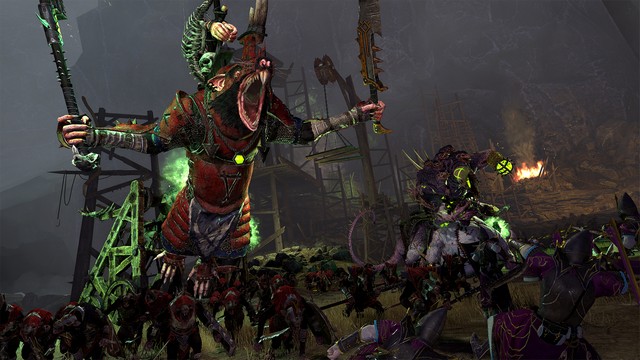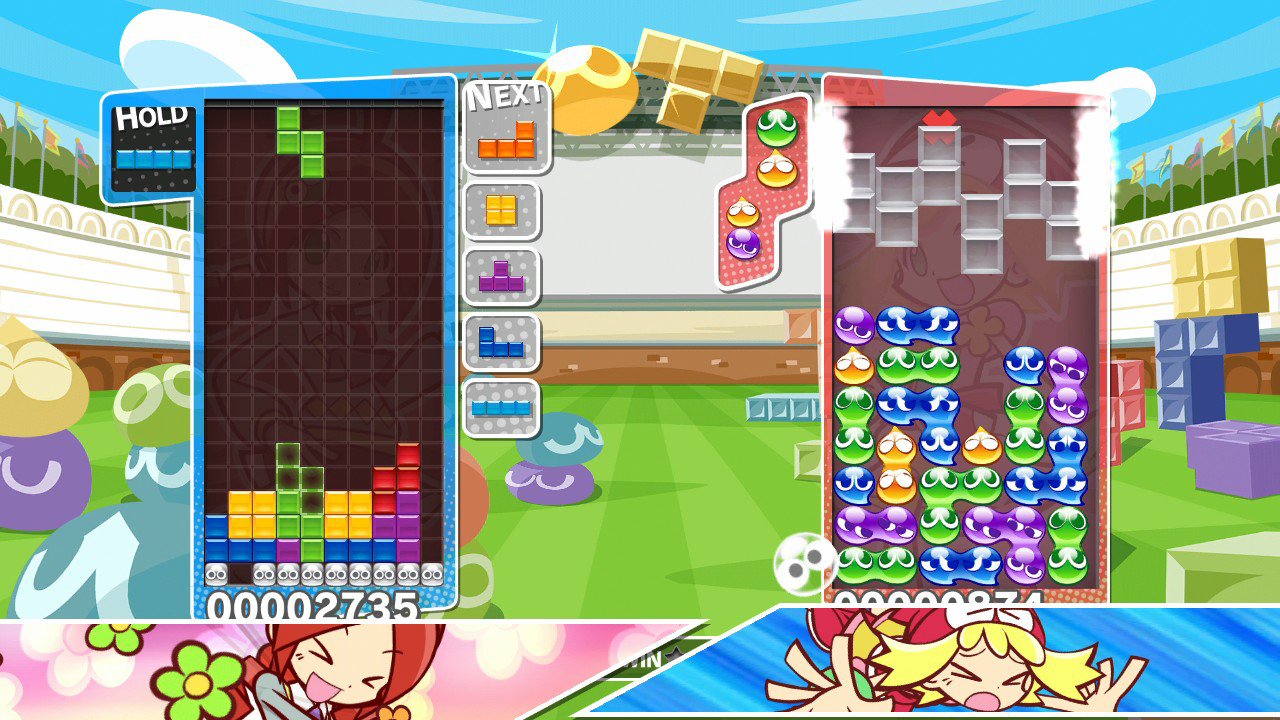Think of what SEGA means to each gaming generation. If you grew up in the ’80s, you’ll think of their arcade classics and the incredible cabinets they came in. The ’90s gave us the Genesis as well as Sonic the Hedgehog. Even as the console dream was beginning to set at the turn of the millennium, the Dreamcast era still heralded plenty of vibrant and innovative games like Shenmue, Jet Set Radio, Rez, Skies of Arcadia, Crazy Taxi and Phantasy Star Online.
But looking at the past decade, SEGA as a publisher has become more known for properties like Football Manager, Total War and the Alien franchise, a literal world of difference from its Japanese heritage, with its teams and genres they specialized in sharing a notably Western flavor. That’s not to say there’s anything wrong with these games (well, except perhaps Colonial Marines) — it’s just not the SEGA I recognize.

Of course, Japanese development continued, and perhaps the Yakuza series, with its arcade-style brawls, QTEs, and myriad weirdness, is the perfect distillation of SEGA’s heritage. It’s just that most of them failed to translate to international sales that could be described as anything more than niche. This didn’t just affect SEGA but other Japanese companies, who spent much of the last generation being overtaken by Western developers in expertise and relevance, reaching its nadir in 2009 when Mega Man creator Keiji Inafune infamously declared the Japanese games industry “finished.”
SEGA most definitely felt the brunt of it after posting huge losses at the end of the 2011/12 fiscal year, which prompted major restructuring and prioritizing of key (read profitable) franchises. This undoubtedly impacted on the chances of any niche Japanese title hoping to release wider market. After all, why spend resources you don’t have on localizing a game only a few people would buy? That had also included Yakuza 5, which despite releasing on PS3 in December 2012 to rave reviews (including the coveted 40/40 score from Japanese magazine Famitsu) was never considered for localization for the longest time. That we can fast-forward to the present and find Kazuma Kiryu’s conclusion with Yakuza 6’s English release next month (and the most recently announced localization of Yakuza Kiwami 2) is nothing short of a miracle.

It took a small but dedicated fanbase to eventually convince Sony’s Third Party Productions to bring Yakuza 5 to the West three years later, but SEGA’s comeback perhaps began on PC, which proved to be an untapped market for titles that had previously languished on console. First was a port of Valkyria Chronicles, a WWII-inspired strategy RPG whose PS3 released was widely overlooked, but which went straight to the top of Steam within 24 hours of release. For whatever reason, the demand that hadn’t been there before had returned, enough to warrant a remaster for the PS4 later. Better still, it’s been enough to convince the creators to release the upcoming Valkyria Chronicles 4 internationally too.
It’s been even more fascinating to see older game we thought would never see the light of day make their way to the West. Take the excellent puzzle mash-up Puyo Puyo Tetris, which was originally released in Japan back in 2014 on virtually all console platforms. It was a huge surprise to see it finally localized last year on PS4, Switch and now PC, the latter also receiving superior ports of SEGA’s Platinum-developed properties Bayonetta and Vanquish. We can also expect the release of Shining Resonance Refrain this summer, originally a PS3 title released only in Japan way back in 2014, and the first title Shining title for the West in over a decade.

Perhaps the most assuring sign of SEGA’s confidence in Japanese games was its acquisition of JRPG specialists Atlus, creators of the Shin Megami Tensei and Persona series. It’s a bigger deal for Atlus, who previously had to work with other publishers to secure releases in Europe, but since late last year, they have officially set up their own in-house publishing in SEGA Europe’s HQ. If nothing else, it may mean we’ll no longer have to wait as agonizingly long for a game’s localization consider that Yakuza Kiwami 2 will be out here in August, a mere nine months after its Japanese release, the shortest time fans have ever had to wait for a Yakuza title.
Again, this change in strategy may not be limited to SEGA. The Japanese games industry as a whole has been making a huge comeback, from the incredible influence of FromSoftware’s Soulsborne games to Monster Hunter becoming a global phenomenon, to Nintendo’s return as a major player. It may feel like Ages, but it’s just terrific to see that SEGA is letting its home roots rise again. Now if only they’d localise Phantasy Star Online 2.







